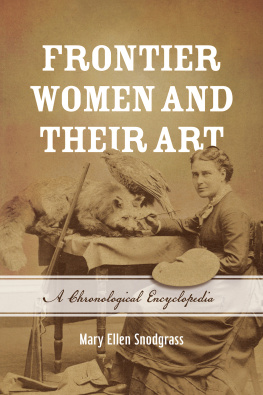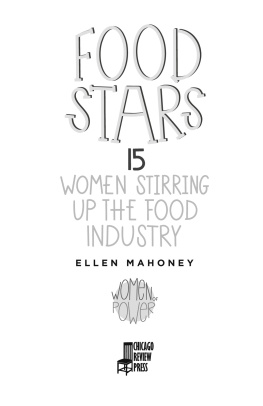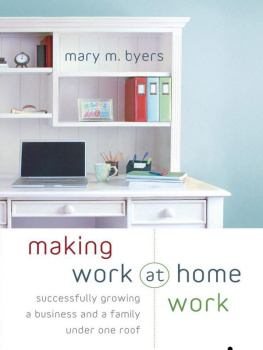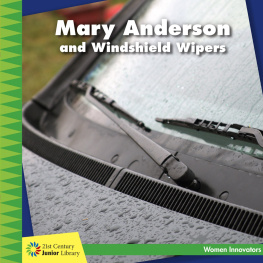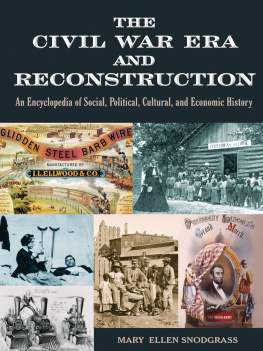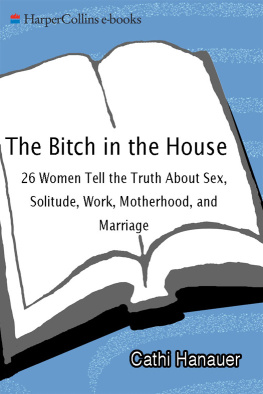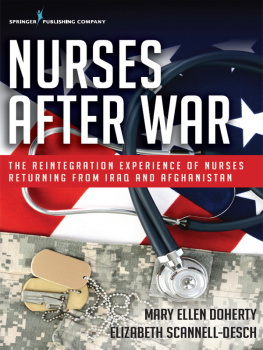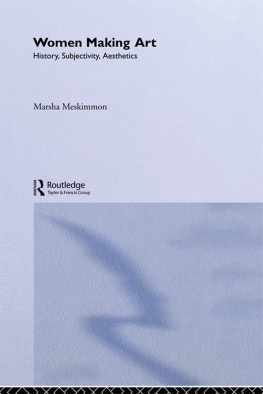Mary Ellen Iskenderian - Theres Nothing Micro about a Billion Women: Making Finance Work for Women
Here you can read online Mary Ellen Iskenderian - Theres Nothing Micro about a Billion Women: Making Finance Work for Women full text of the book (entire story) in english for free. Download pdf and epub, get meaning, cover and reviews about this ebook. year: 2022, publisher: MIT Press, genre: Romance novel. Description of the work, (preface) as well as reviews are available. Best literature library LitArk.com created for fans of good reading and offers a wide selection of genres:
Romance novel
Science fiction
Adventure
Detective
Science
History
Home and family
Prose
Art
Politics
Computer
Non-fiction
Religion
Business
Children
Humor
Choose a favorite category and find really read worthwhile books. Enjoy immersion in the world of imagination, feel the emotions of the characters or learn something new for yourself, make an fascinating discovery.

- Book:Theres Nothing Micro about a Billion Women: Making Finance Work for Women
- Author:
- Publisher:MIT Press
- Genre:
- Year:2022
- Rating:5 / 5
- Favourites:Add to favourites
- Your mark:
- 100
- 1
- 2
- 3
- 4
- 5
Theres Nothing Micro about a Billion Women: Making Finance Work for Women: summary, description and annotation
We offer to read an annotation, description, summary or preface (depends on what the author of the book "Theres Nothing Micro about a Billion Women: Making Finance Work for Women" wrote himself). If you haven't found the necessary information about the book — write in the comments, we will try to find it.
Theres Nothing Micro about a Billion Women: Making Finance Work for Women — read online for free the complete book (whole text) full work
Below is the text of the book, divided by pages. System saving the place of the last page read, allows you to conveniently read the book "Theres Nothing Micro about a Billion Women: Making Finance Work for Women" online for free, without having to search again every time where you left off. Put a bookmark, and you can go to the page where you finished reading at any time.
Font size:
Interval:
Bookmark:
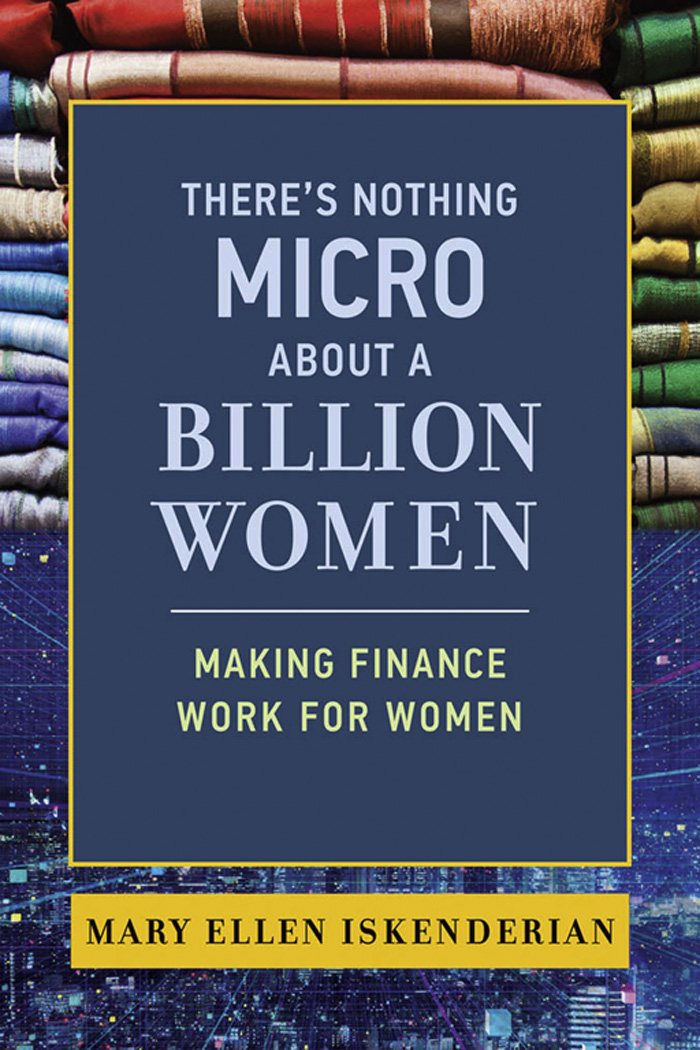
Mary Ellen Iskenderian
The MIT Press
Cambridge, Massachusetts
London, England
2022 Mary Ellen Iskenderian
All rights reserved. No part of this book may be reproduced in any form by any electronic or mechanical means (including photocopying, recording, or information storage and retrieval) without permission in writing from the publisher.
The MIT Press would like to thank the anonymous peer reviewers who provided comments on drafts of this book. The generous work of academic experts is essential for establishing the authority and quality of our publications. We acknowledge with gratitude the contributions of these otherwise uncredited readers.
This book was set in Adobe Garamond Pro by New Best-set Typesetters Ltd.
Library of Congress Cataloging-in-Publication Data
Names: Iskenderian, Mary Ellen, author.
Title: Theres nothing micro about a billion women : making finance work for women / Mary Ellen Iskenderian.
Description: Cambridge, Massachusetts : The MIT Press, [2022] | Includes bibliographical references and index.
Identifiers: LCCN 2021030806 | ISBN 9780262046442 (hardcover)
Subjects: LCSH: WomenFinance, Personal. | WomenEconomic conditions.
Classification: LCC HG179 .I84 2022 | DDC 332.0240082dc23
LC record available at https://lccn.loc.gov/2021030806
10987654321
d_r0
I have been a banker, of one kind or another, for my entire professional career. After college, I went through Bank of Americas credit training program and did a short stint in the banks international trade finance group before jumping to the fast-paced, foul-mouthed foreign currency trading desk. After earning my MBA, I went into investment banking at Lehman Brothers, pulling all-nighters, primarily in the Mergers & Acquisitions Department. I had taken these jobs quite deliberately, having decided early on that I wanted a career where I could use my finance skills to work with investors, banks, and governments to drive positive change in the developing world. I had gone off to college with visions of a career in the Foreign Service, but after a yearlong internship at the State Department I sensed that I could accomplish more if I understood how the financial system worked from the inside. I believed I could be a more effective agent of change by starting my career in the private sector rather than in government. Through these jobs, I gained a superb education in the immense power of the financial system that has stayed with me ever since. And I took these lessons with me when I joined the International Finance Corporation, the private sector arm of the World Bank, where I would specialize in investments in financial institutions in the developing world.
During the eighteen years I worked for the World Bank, I was conscious of being one of relatively few women in a large international bureaucracy, and I made it a priority to act as a mentor to several younger women along the way, as some women had helped me. But not once in all those years did I or anyone I worked with ever ask how many women clients were served by the financial institutions we were lending to. It never crossed my mind to question whether the benefits of the investments I made as part of the premier development organization in the world were equally distributed between men and women. And I certainly never questioned whether the impact of those investments might have been even greater if the money had gotten into the hands of women. Equality of access to finance was simply assumed.
By the time I was recruited to run Womens World Banking, a global nonprofit organization, in 2006, I had seen the difference that gaining access to finance had made in the lives of millions of people in countries throughout the world. But what I still hadnt grasped was how much more effective all of my World Bank investments might have been had they considered the different needs of women. In joining Womens World Banking, I stepped into an organization that worked to strengthen women-focused microfinance institutions. Founded at the first UN Conference on Women in 1975, Womens World Banking is dedicated to ensuring access to financial products and services to low-income women in the developing world. My first trip in this new role demonstrated to me what was possible when women were intentionally included in the design and delivery of financial services. On that trip, I went to a few countries in both East and West Africa, where I met some of the women clients who were being served through Womens World Bankings microfinance partners. I listened as women one after another expressed enormous pride in their businesses and observed how their success had helped their children. They described how hard it had been to get the money together to start a business, and the difference a loan made. Often it represented the first opportunity for these women to gain some financial independence.
I learned about the impact that financial services can have on the lives of low-income women from the women themselves and from the visionary leaders who had built the microfinance institutions that served them. But it also became clear that to reach the more than one billion financially underserved women throughout the world, these lessons would have to extend beyond the borders of microfinance. They needed to be brought home to those financial service providers that can operate at scale but dont know how (or why) to extend their services to that clientele.
This book is the culmination of all that I have learned from women clients and the leaders of the financial institutions that serve them. I draw on academic research to support these firsthand insights and to highlight the broader systemic impacts of womens financial inclusion. Ensuring that women are full partners in the financial system has benefits that go beyond any individual womans circumstances. Womens financial inclusion improves the lives of women and the lives of all of those around them while strengthening communities, financial institutions, and national economies.
Seeing Joyce Wafuko sitting in her small office at the back of the hardware store she owns, papers stacked on a large table that takes up most of the space in the room, invoices and other notices tacked up on the bulletin boards that line the walls, it would be difficult to imagine the road she has traveled in the last seven years. Joyce lives in a small village outside Mombasa, Kenyas second largest city, where she and her husband had settled a decade earlier to raise their three children, near both their families. After a few years, her husband had been unable to find steady work in the village and reluctantly had gone to the city to become a policeman. But the money he sent home wasnt enough to support their family, so Joyce decided to start a business to supplement his earnings. She noticed that her neighbors lacked the supplies to make even the most basic repairs to their homes, so she thought a hardware store would be a good addition to the village.
She was a member of an informal savings and loan group with other women from her village, but the amount she was able to borrow according to the rules of the group was relatively small and not enough to launch her business. When she asked about a larger loan at the local bank branch, the manager told her they didnt finance startups and that she should come back after the business was up and running. When it was her turn to take home the monthly pot from her savings group, she put most of the money into starting her business, although in a smaller way than she had originally hoped. Joyce has kept a photograph of her first shop pinned to the corkboard in her office. It depicts a small corrugated metal shack on the side of the road with a smiling Joyce standing beside her inventory: some two-by-fours, loose nails, eggs, and tomatoes.
Next pageFont size:
Interval:
Bookmark:
Similar books «Theres Nothing Micro about a Billion Women: Making Finance Work for Women»
Look at similar books to Theres Nothing Micro about a Billion Women: Making Finance Work for Women. We have selected literature similar in name and meaning in the hope of providing readers with more options to find new, interesting, not yet read works.
Discussion, reviews of the book Theres Nothing Micro about a Billion Women: Making Finance Work for Women and just readers' own opinions. Leave your comments, write what you think about the work, its meaning or the main characters. Specify what exactly you liked and what you didn't like, and why you think so.


